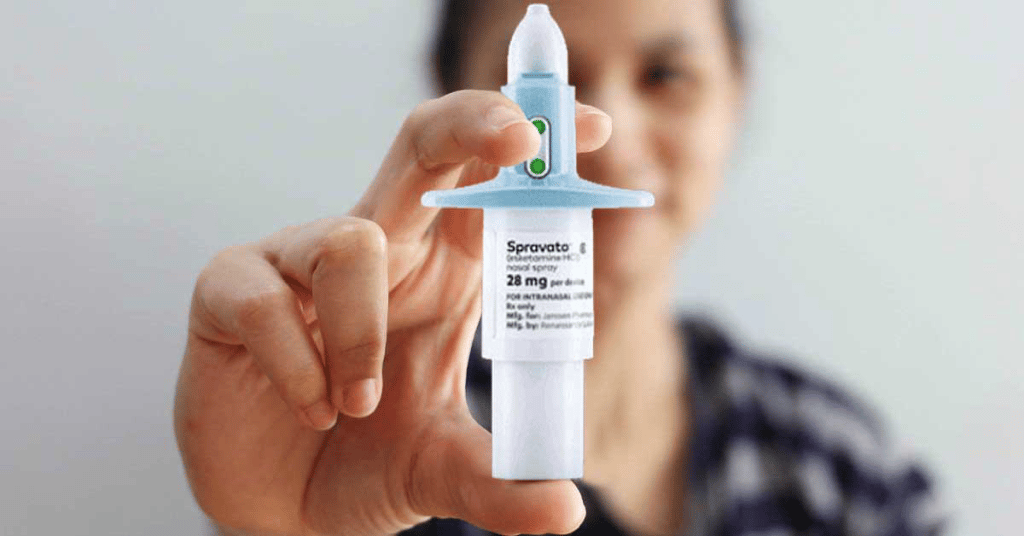As new research points to the benefits of psychedelics like psilocybin in relieving stress for women with gynecological cancer, more affordable treatment options emerge.
Gynecological cancer patients in the late stage often grapple with intense distress, and researchers now say psilocybin, the primary psychoactive compound in more than 100 types of mushrooms, may offer significant relief. A call to action for a more comprehensive exploration of psilocybin use was issued by physicians in a commentary published in the International Journal of Gynecological Cancer.
The group of physicians, based at the University of Texas MD Anderson Cancer Center in Houston, contend that the typical therapeutic interventions, such as cognitive behavioral therapy (CBT), are insufficient. They say such therapies demand too much endurance and take an extended period to modify entrenched behavioral patterns.
‘Existential uncertainty’
“Women with gynecologic cancers face various physical and psychological challenges throughout their treatment journey. Late stages associated with poor prognosis, along with chronic side effects of treatment, often leave women with existential uncertainty stemming from unpredictable disease trajectory and continuous fear of death,” the authors explained.
The researchers recount the story of a young woman with advanced ovarian cancer, whose acute fear of the future was not alleviated due to her inability to commit the time or energy to currently available therapeutic options.
This woman’s situation isn’t unique, the researchers say. They emphasized that up to a quarter of ovarian cancer patients report depression, anxiety, and death anxiety. “This is not limited to ovarian cancers, as many gynecologic cancers are unfortunately diagnosed in young women where the burden of anxiety and fear is even greater, often related to the fact that young children may lose their mother,” they write.

Psilocybin and other psychedelics show promising signs of alleviating various psychological symptoms like anxiety, depression, post-traumatic stress disorder, and distress associated with the end of life. According to the authors, the existing research hints that psilocybin’s effectiveness rivals that of traditional antidepressants, but with fewer risks or side effects. It is particularly effective when used alongside psychotherapy in a limited number of sessions.
They drew attention to a recently conducted meta-analysis of ten clinical trials, which showed that one or two doses of psilocybin led to rapid, durable antidepressant effects for up to six months.
“Concerns regarding psilocybin’s potential for recreational abuse or mental illness have not materialized, and data suggest psilocybin use may actually be protective against psychological distress and suicidality,” they added.
They argue, “Considering the prevalence of existential distress among ovarian and other gynecologic cancer patients and the potential benefits and safety of psychedelics, there is a clear need for more well-designed protocols prioritizing safety and exploring psilocybin, and other psychedelics, in this vulnerable population.”
To advance this cause, the researchers disclosed their plans to initiate a study in 2024, exploring the impact of psilocybin on advanced cancer patients suffering from anxiety and depression related to their condition.
Low-cost ketamine efficacy
Psilocybin is just one of several psychedelic treatment alternatives to conventional antidepressants and other mood stabilizers. New research published in the British Journal of Psychiatry found a low-cost bi-weekly ketamine injection led to complete symptom remission in over 20 percent of participants after a month. Furthermore, a third of participants witnessed an improvement of at least 50 percent in their symptoms.

The study’s lead researcher, Professor Colleen Loo, remarks, “For people with treatment-resistant depression – so those who have not benefitted from different modes of talk-therapy, commonly prescribed antidepressants, or electroconvulsive therapy – 20 percent remission is actually quite good.” The trial featured 179 individuals who suffer from treatment-resistant depression. All participants received injections of either generic ketamine or a placebo twice weekly for a month.
“We found that in this trial, ketamine was clearly better than the placebo – with 20 percent reporting they no longer had clinical depression compared with only 2 percent in the placebo group,” Loo said. “This is a huge and very obvious difference and brings definitive evidence to the field which only had past smaller trials that compared ketamine with placebo.”
Related on Ethos:


